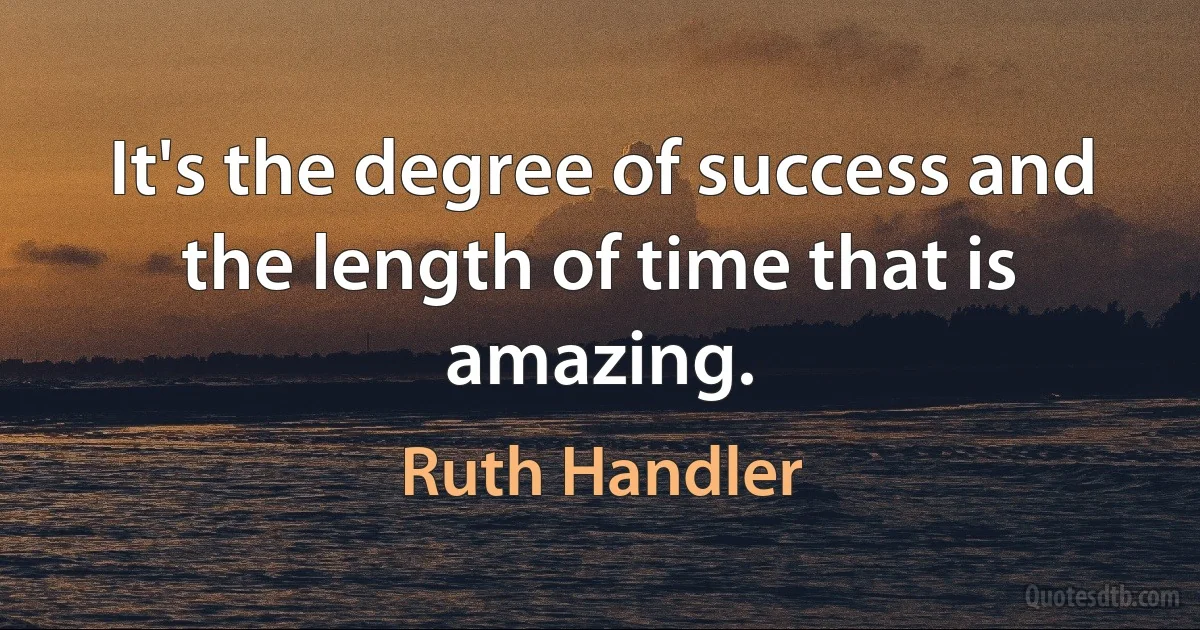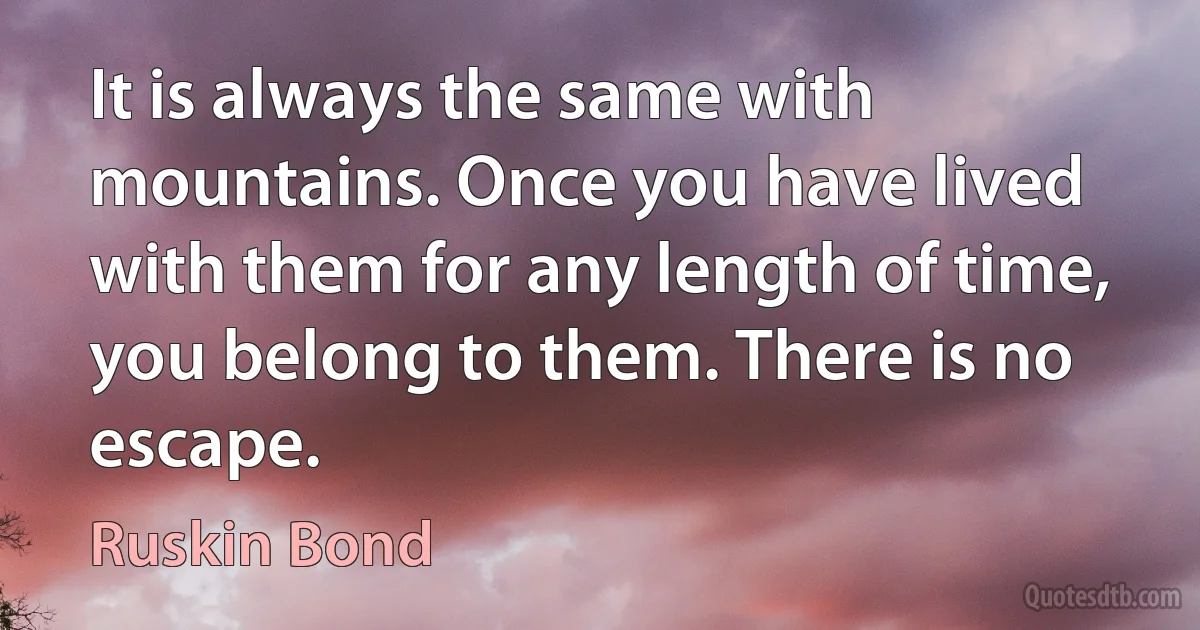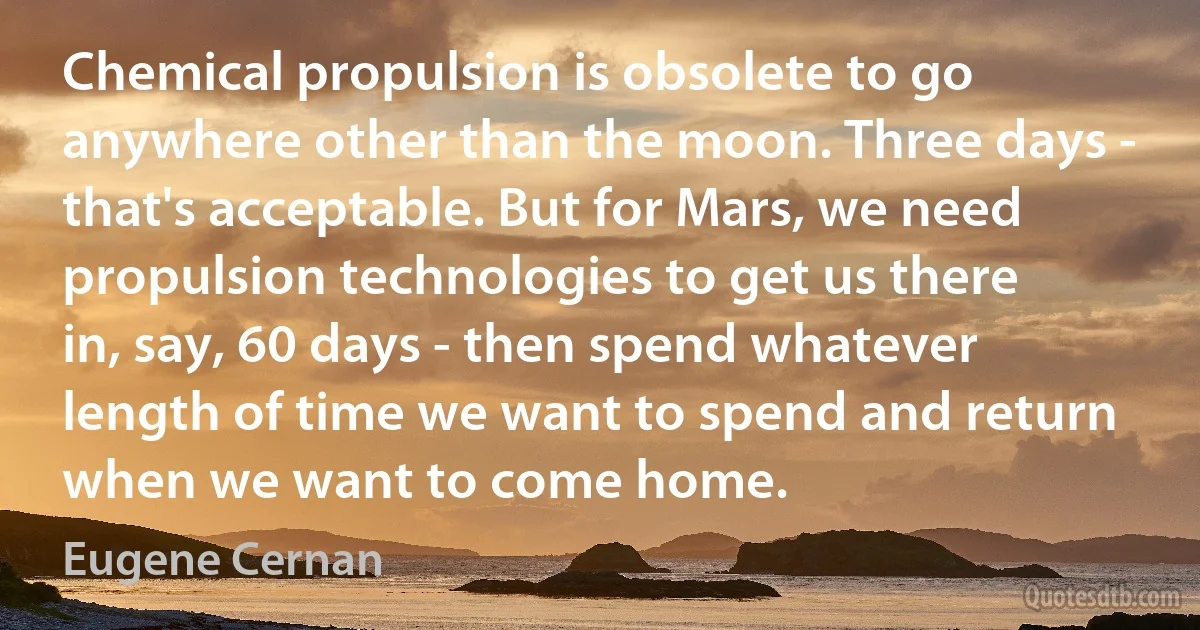Length Quotes - page 17
The secret to my 5 o'clock shadow is a little device called the George Michael 3000 Custom Beard Trimmer and Personal Massager. Just kidding. I actually shave every morning, and thanks to my vast knowledge of Eastern philosophy and mysticism, I will my facial hair to grow to the exact same length each day. Dave Grohl taught me that one.

Reid Scott
Léon Bloy, despite his many impressive qualities..what a hater he was! - wild and implacable, and what power of abuse! Strange don't you think that Ernst Jünger should comment at length in his war-diaries how irresistibly Bloy reminded him of Hitler in his paroxysms of rage and his foul and ribald tongue?..Yet Bloy was undoubtedly a man with great gifts of vision and perception, and charity, too - even in the midst of his orgies of hatred. And much of what he writes about Our Lady of La Salette in his La Salette book is very fine and often goes straight to one's heart...

Ida Friederike Görres
It is to be hoped that individual dispositions will at length mould themselves to the model of the law, and consider the moral basis, on which all our religions rest, as the rallying point which unites them in a common interest; while the peculiar dogmas branching from it are the exclusive concern of the respective sects embracing them, and no rightful subject of notice to any other. Public opinion needs reformation on that point.

Thomas Jefferson
Read not the Times. Read the Eternities. Conventionalities are at length as bad as impurities. Even the facts of science may dust the mind by their dryness, unless they are in a sense effaced each morning, or rather rendered fertile by the dews of fresh and living truth. Knowledge does not come to us by details, but in flashes of light from heaven.

Henry David Thoreau
Emerson said to him, "Young man, have you read Plato?" Holmes said he hadn't. "You must. You must read Plato. But you must hold him at arm's length and say, 'Plato, you have delighted and edified mankind for two thousand years. What have you to say to me?'" Holmes said, "That's the lesson of independence." So off he went and read Plato for a few moths or a year, and then wrote a piece doing in Mr. Plato in one of those ephemeral literary things at Harvard. He laid this, as it were, at the feet of Mr. Emerson and awaited the next morning's mail, hoping to get a warm appreciation from Emerson. And the next day and the next and the next - no sign of life. No acknowledgment from Mr. Emerson. Holmes didn't see him again for about a year. When he saw him, this, that, and the other thing was again talked about. Emerson said, "Oh, by the way, I read your piece on Plato. Holmes, when you strike at a king, you must kill him." Holmes said, "That was the second great lesson - humility."

Felix Frankfurter
I had attempted the thing with vigour not less than ten or twelve times, I had not yet written a novel. All-all my pretty ones-had gone for a little, and then stopped inexorably like a schoolboy's watch. I might be compared to a cricketer of many years' standing who should never have made a run. Anybody can write a short story-a bad one, I mean-who has industry and paper and time enough; but not everyone may hope to write even a bad novel. It is the length that kills.

Robert Louis Stevenson
The history of human knowledge has so uninterruptedly shown that to collateral, or incidental, or accidental events we are indebted for the most numerous and most valuable discoveries, that it has at length become necessary, in any prospective view of improvement, to make not only large, but the largest allowances for inventions that shall arise by chance, and quite out of the range of ordinary expectation. It is no longer philosophical to base, upon what has been, a vision of what is to be. Accident is admitted as a portion of the substructure. We make chance a matter of absolute calculation. We subject the unlooked for and unimagined, to the mathematical formulae of the schools.

Edgar Allan Poe



